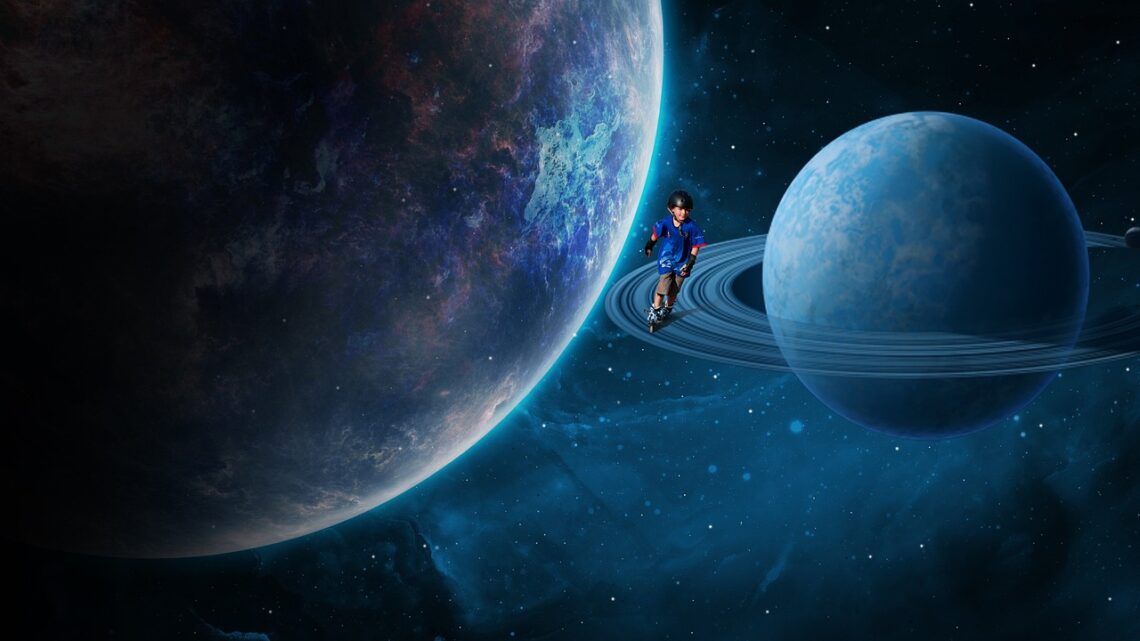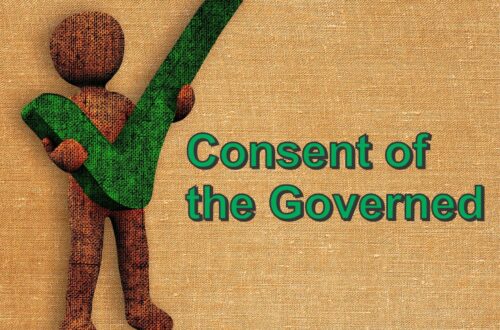The question of whether or not humans have free will has been debated for centuries. Some philosophers argue that free will is an illusion and that our genes, upbringing, and environment ultimately determine our choices. Others argue that free will is essential to what it means to be human and that without it, we would not be able to make moral choices or live meaningful lives. In this essay, I argue that humans do have free will. I will begin by defining free will and explaining why it is essential. I will then discuss the main arguments against free will and address each of them in turn. Finally, I will present some positive ideas for free will based on our subjective experience and recent scientific research.
What is Free Will?
Free will is the ability to make choices without being constrained by external factors. It is the power to act according to our desires and intentions rather than forcing us to do something against our will. Free will is essential because it allows us to be responsible for our actions and to make moral choices.
Arguments Against Free Will
The main arguments against free will fall into two general categories: deterministic ideas and compatibilist views.
Deterministic Arguments
Deterministic arguments claim that all events in the universe, including human actions, are determined by prior events and natural laws. Consequently, our choices are not free but are the inevitable result of causes that preceded us. There are many different deterministic arguments, but one of the most common is the argument from the law of cause and effect. This argument states that every event has a cause and that every cause produces an effect. Since our choices are events, they must also have causes. If prior events cause our actions, then they cannot be free.
Compatibilist Arguments
Compatibilist arguments claim that free will is compatible with determinism. They argue that we are free even if our choices are determined as long as we can choose between different options. One common compatibilist argument is the argument from alternative possibilities. This argument states that we are free if we could have chosen otherwise. Even if our choices are determined, we still can imagine different decisions that we could have made. Meaning that our options are not inevitable but rather are the result of our own free will.
Addressing the Arguments Against Free Will
Deterministic Arguments
The main problem with deterministic arguments is that they rely on a narrow definition of freedom. According to this definition, we are only free if our choices are uncaused. However, this definition is too strict. It would mean that even if we could choose between different options, we would not be accessible if our genes, our upbringing, or our environment caused our choices. A more realistic definition of freedom is that we are free to choose between different options if our choices are not forced. This definition allows for the possibility that options are determined but still use free will.
Compatibilist Arguments
Compatibilist arguments are more difficult to address, but they have flaws. For example, the view from alternative possibilities relies on the assumption that we can imagine all of the possible choices that we could have made. However, this is only sometimes true. We may be limited in our ability to imagine different possibilities by our knowledge, experience, and imagination. Another problem with compatibilist arguments is that they often need to account for the subjective experience of free will. When we make a choice, we feel we are choosing freely. This experience is difficult to explain if prior events ultimately determine our choices.
Positive Arguments for Free Will
Subjective Experience
One of the strongest arguments for free will is our own subjective experience. When we make a choice, we feel we are choosing freely. This experience is difficult to explain if prior events ultimately determine our choices.
Recent Scientific Research
Recent scientific research has also provided some evidence for free will. For example, studies have shown that our brains make decisions before we are consciously aware of them. Our conscious minds play a role in decision-making, even if our conscious thoughts do not fully determine our choices.
Conclusion
In conclusion, humans do have free will. I have argued that the main arguments against free will are flawed and that there is both subjective and scientific evidence to support the existence of free will.
Free will is an essential concept because it allows us to be responsible for our actions and to make moral choices. Without free will, we are no different than machines programmed to act in specific ways. But with free will, we can shape our lives in the world.





